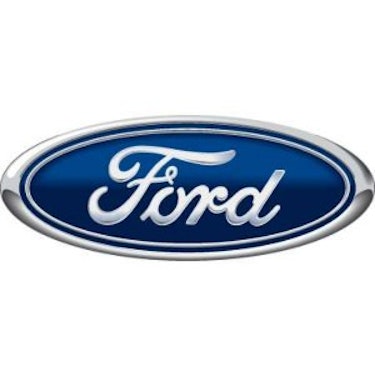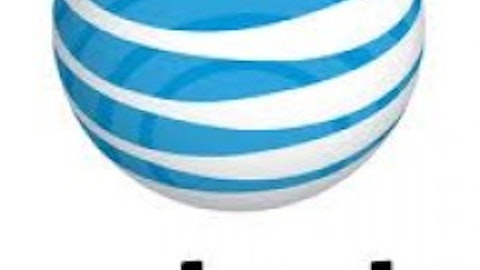
Within a few hours, Toyota Motor Corporation (ADR) (NYSE:TM) challenged that figure stating that Corolla is still on top with sales of 1.16 million vehicles in the previous year. Despite their squabbles for prestige, the Focus and the Corolla are two of the best selling cars in the world right now, and are driving the growth of both companies with impressive sales volume in the U.S and China, the two markets that really matter.
Toyota believes that Polk’s sales figure includes Corolla Sedan (which accounts for more than 90% of total Corolla volume), Axio, Fielder, Rumion, and Wagon and nothing else. But, if Toyota Motor Corporation (ADR) (NYSE:TM) wants to call every car built on a Corolla platform a Corolla, then what happens to everything built on a Golf platform from Volkswagen AG (FRA:VOW) where everything from the Golf/Jetta/Beetle to an Audi A4 to a Skoda Yeti is built on that chassis. A situation that will only become even murkier as Volkswagen implements its MQB process.
It’s all gamesmanship and meaningless ultimately. Say what you want, Ford Motor Company (NYSE:F) only has a few Focus variants and they are universally selling well, helping Ford remain relevant around the world where the F-150 isn’t the best-selling vehicle.
Ford’s current strength is coming from China, where it is one of the fastest growing brands — sales rose 45% year over year in May. Around 300,000 Ford Motor Company (NYSE:F) Focus models were sold there in 2012. Ford is mainly known for its two Focus cars in China, an older-generation or “Classic” Focus and the newer one that is sold globally. In the U.S., sales of the Focus were 245,992.
American auto companies, such as Ford Motor Company (NYSE:F) and General Motors Company (NYSE:GM) , have capitalized on the on the highly political Senkaku/Diaoyu islands dispute between China and Japan as the Chinese have boycotted purchasing Japanese vehicles while sales of American cars have soared. And for GM, the good news is that its premium brands are beginning to gain traction there. This had been a problem for GM as it was positioned in the budget end of them market.
Although Ford was a late entrant in China compared to General Motors Company (NYSE:GM) and Volkswagen AG (FRA:VOW), it is gaining on the crash in demand for Japanese cars and has been able to increase its market share in the country from 2.5% in Q1 2012 to 3.6% in Q1 2013. Ford Motor Company (NYSE:F) plans to expand in China will accelerate as this deterioration of the relationship between Japan and China will likely permanently alter the shape of the car market. And with the depreciation of the yen now over, currency effects will not further help Toyota, Honda Motor Co Ltd (NYSE:HMC), and Nissan Motor Co., Ltd. (ADR) (OTCMKTS:NSANY). Ford plans to introduce 15 new models by 2015, and should be able to easily reach its goal of doubling its market share to 6% in the next three years.




